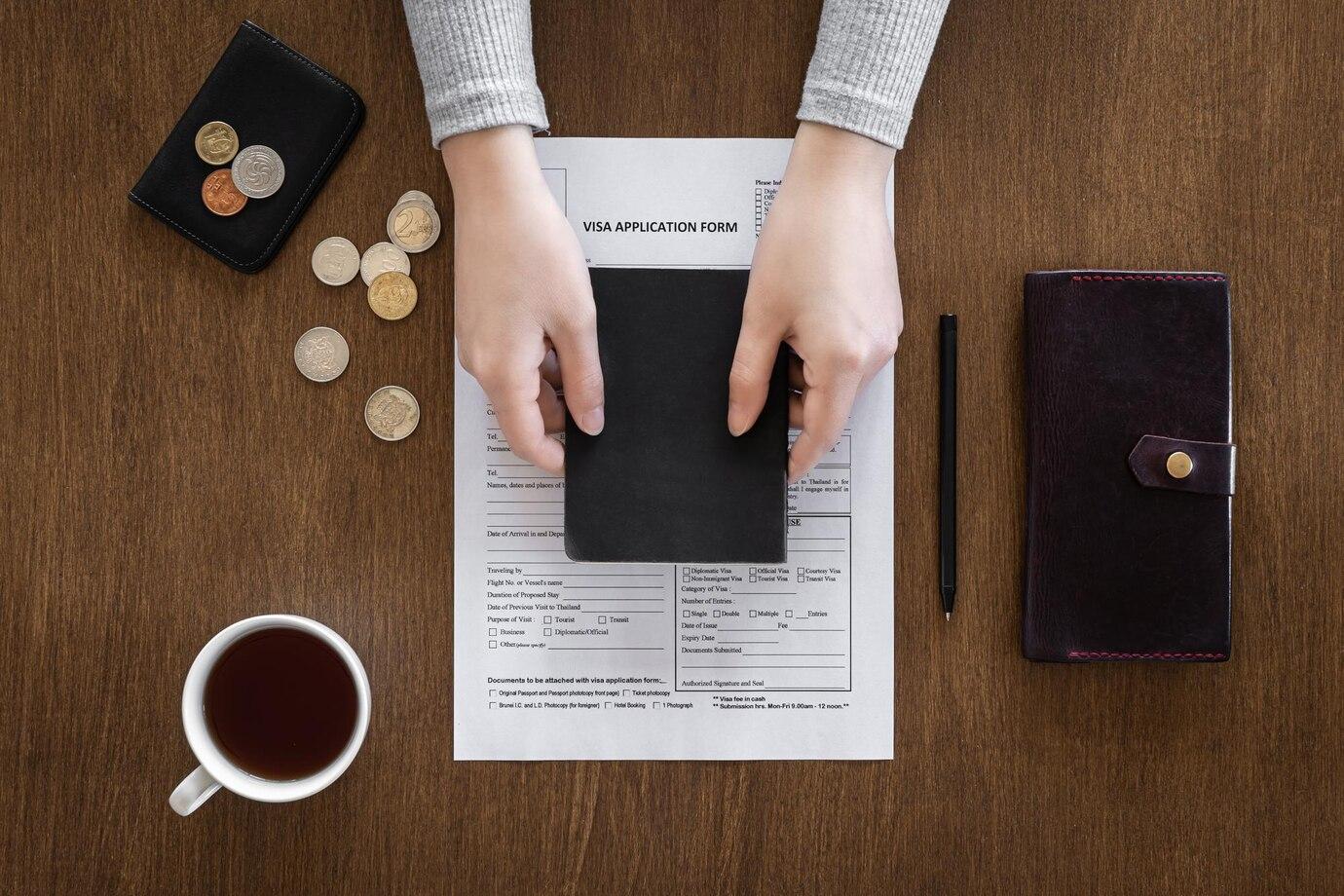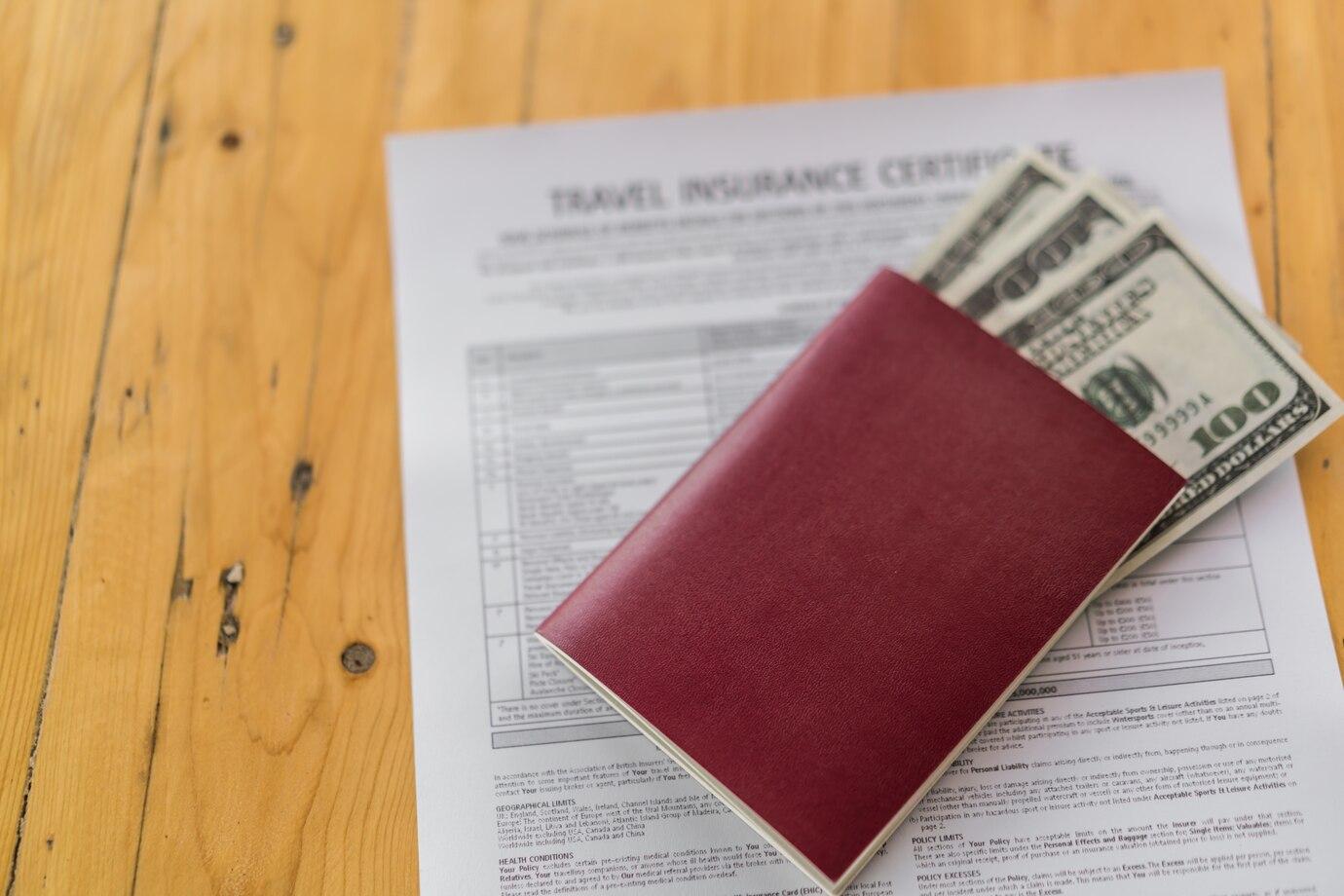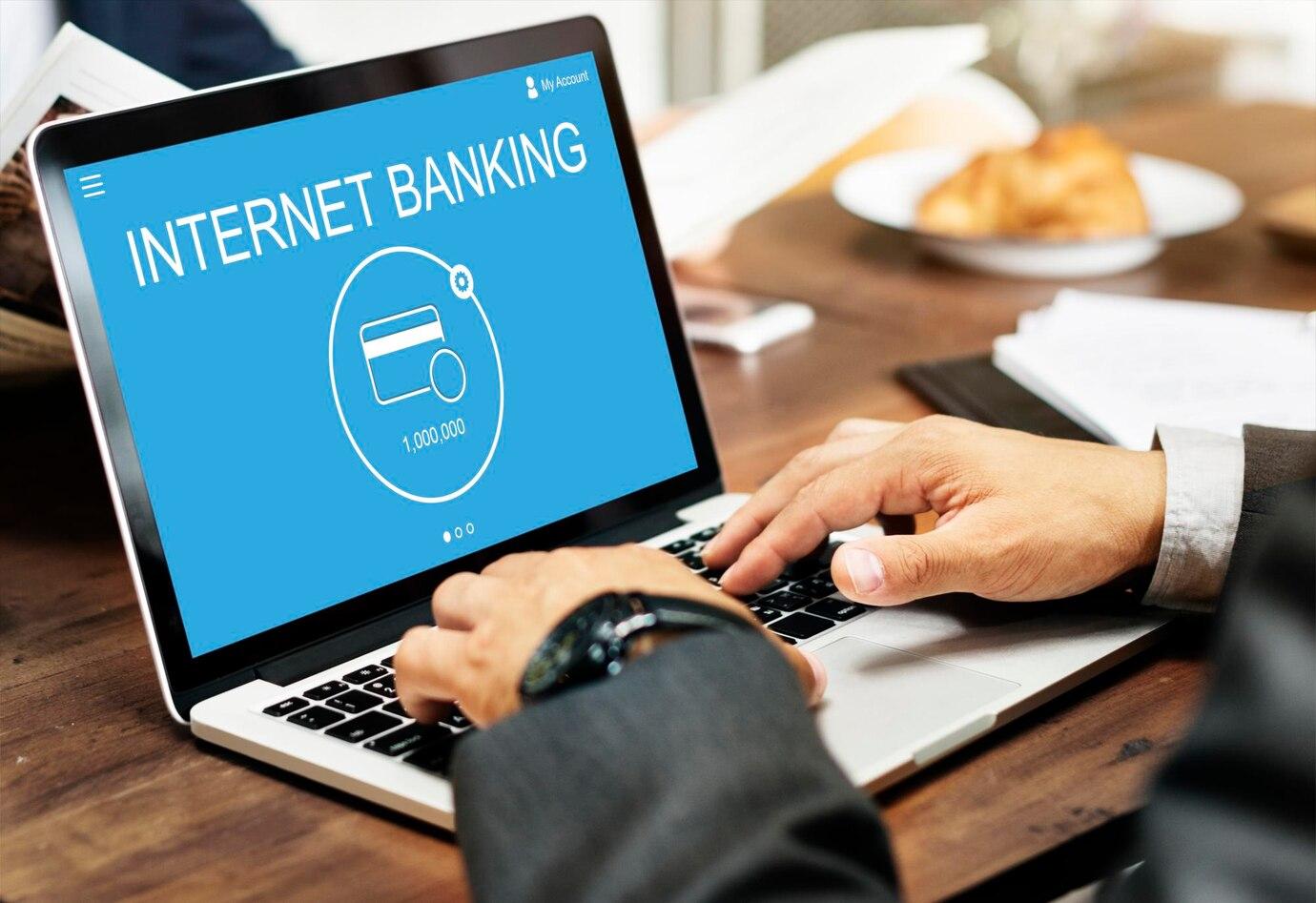In recent years, we have seen an increase in fraud cases in the banking sector, especially in the context of taking out loans using someone else's passport data. It may seem that this problem only affects isolated cases, but their number is increasing by the minute, leaving many citizens without protection and confidence in the future.

Ways Scammers Gain Access to Passport Data
Scammers use various methods to obtain personal data of citizens. Let's consider the most common ones.
One of the most common methods is phishing—a method of deception where scammers try to gain access to the victim's data under various pretexts. For example, they may create a fake bank website and send links via email or messaging apps. Potential victims enter their data without suspecting the true intentions of the attackers.
Social engineering involves using psychological manipulation to deceive people. For example, scammers may call the victim, posing as bank employees, and ask for various personal data under the pretext of account verification. Such schemes can be effective because most people tend to trust "official" phone calls.
In addition, personal data can become available due to data leaks, which sometimes occur at major resources or in places where client information is collected. If a database containing personal information falls into the hands of scammers, they can easily use it to take out loans. Such leaks sometimes occur due to insufficient information protection levels on company servers and systems.
Some scammers resort to using trusting individuals. For example, they may apply for social benefits or loans using the passport data of their acquaintances. One of the simplest methods remains the use of passports that have been lost or stolen. Often, such documents are found in simple places, such as abandoned houses or even in stores.

How Loans Are Taken Out in Someone Else's Name
Once scammers have gained access to passport data, the next step is to take out a loan.
Electronic Loans
With the development of technology, more banks offer the possibility of taking out loans online. Scammers can use someone else's personal data to obtain a loan without leaving home. They fill out a form on online platforms, forge documents, and send them without the need for personal presence. This significantly simplifies the process for scammers, as they can hide behind fake names and contact information.
Using Fake Documents
Scammers can also use fake documents to confirm their identity. Although this is a riskier method, with good printing equipment and skills in graphic programs, they can create quite convincing fakes. Some banks find it easier to authenticate if scammers have additional information about the target victim, further complicating the situation for the victims.

Potential Consequences for Victims of Fraud
Victims of this type of fraud may face numerous negative consequences.
The first thing a victim faces is financial difficulties. Taking out a loan in someone else's name can lead to the real data owners ending up on debtor lists or even being held responsible for someone else's debts. Paying debts to collection agencies can be a challenging task.
Additionally, victims may face serious problems when trying to obtain loans in the future. Incorrect or negative credit activity data can negatively affect credit history, leading to refusal of new borrowings. This can complicate not only obtaining loans but also services like renting housing or buying a car.
It is also worth noting that many fraud victims are not always aware that their passport data is being used. Unexpectedly, they may find themselves involved in legal proceedings, as creditors may file lawsuits due to missed payments. This necessitates seeking legal assistance, leading to additional costs and stress.

Protecting Passport Data and How to Avoid Fraud
To prevent such situations, there are certain precautions that must be followed.
Thorough Verification
First, it is important to carefully verify information. Many internet resources and applications require users to provide personal data for any form of registration. Before filling out such forms, make sure of the site's legitimacy and safety. If something seems suspicious, it is better to refrain from sharing information.
Data Encryption
Use multi-level authentication for online accounts where financial information is handled. Data encryption is another way to enhance security. Some services offer data protection via SMS notifications or electronic keys, making life significantly harder for scammers. Real banks and financial institutions will not request confidential data by phone or email.
Regular Credit Report Monitoring
It is also worth regularly checking your credit report. In most countries, there are organizations that provide the opportunity to obtain such information for free once a year. This allows you to identify suspicious credit activities and take measures in advance.

What to Do If You Become a Victim of Fraud?
If you do become a victim of fraud, act immediately.
The first thing to do is notify your bank and report the situation. They can block the restoration of the credit line and provide information on further actions.
It is also recommended to contact law enforcement with a fraud report to document the crime. This can help avoid legal problems in the future and hold the scammers accountable.
Finally, do not forget the possibility of consulting with a lawyer. This will help understand your rights and provide insight into how to protect yourself from negative consequences.
The problem of fraud in the banking sector requires special attention and vigilance from citizens. Protecting your passport data becomes an important task, and every citizen should be aware of the risks associated with disclosing personal information. It is important to take measured precautions and act quickly if problems arise.